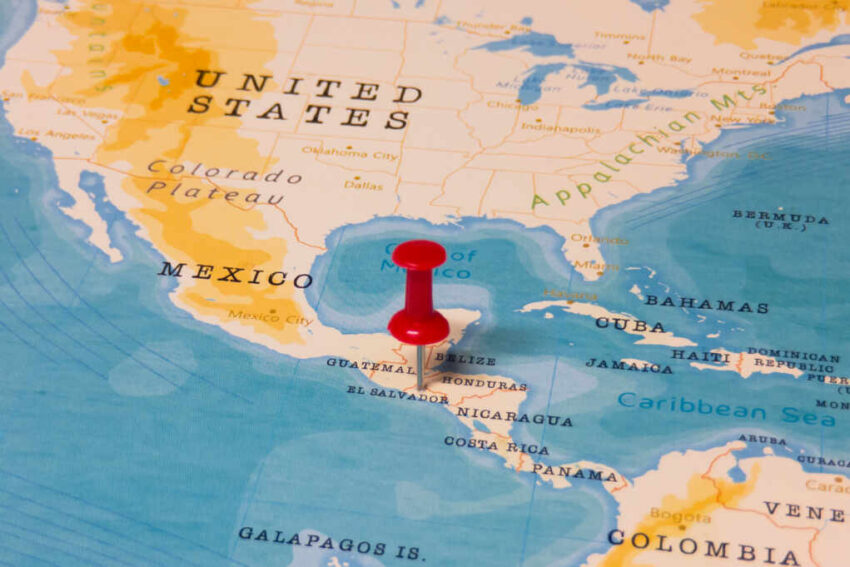El Salvador’s swift recall of its ambassador to Mexico over allegations that a seized drug plane originated from Salvadoran territory has ignited a regional diplomatic firestorm, exposing the fragility of cross-border cooperation in Central America.
At a Glance
- El Salvador recalled its ambassador to Mexico after Mexican authorities alleged a drug-smuggling plane originated from Salvadoran territory.
- President Nayib Bukele denied the accusation, shared radar data, and demanded a public apology.
- All three suspects arrested with the plane were Mexican nationals.
- Mexico later clarified there was no evidence the plane departed from El Salvador.
- The dispute risks undermining regional security cooperation on drug trafficking.
Mexican Accusations Ignite Diplomatic Firestorm
On July 3, 2025, Mexican security forces intercepted a small aircraft in Colima loaded with nearly 940 pounds of cocaine. Mexican Security Minister Omar Garcia Harfuch publicly blamed El Salvador, presenting a map suggesting the plane departed from south of San Salvador. The claim, amplified in Mexican media, triggered immediate outrage in El Salvador, where President Nayib Bukele flatly denied the allegation and released radar data showing the aircraft never entered Salvadoran airspace, as reported by Reuters.
Bukele emphasized that all three suspects arrested on the plane were Mexican nationals, directly contradicting narratives of Salvadoran involvement. He promptly recalled Ambassador Delmy Canas from Mexico City for consultations, demanding a formal retraction. Costa Rican authorities, whose radar first detected the flight, supported Bukele’s claim that the plane never crossed into Salvadoran skies, according to AP News.
Watch a report: Mexico and El Salvador in Diplomatic Standoff Over Drug Plane.
Bukele Stands Firm, Mexico Backpedals
President Bukele’s response was both swift and defiant. He called Mexico’s accusation “FALSE” and framed the diplomatic rift as a matter of national honor and sovereignty. His posture further cemented his tough-on-crime image domestically. Mexico’s Garcia Harfuch, meanwhile, admitted that the detained suspects were Mexican citizens and expressed “respect” for El Salvador, though he did not retract the initial claim.
By July 11, Mexico’s Foreign Ministry issued an official clarification stating that there was “no indication” the plane originated from El Salvador, a concession aimed at de-escalation. Bukele acknowledged the clarification but left the ambassador’s return undecided, keeping diplomatic pressure on Mexico, as detailed by AP News.
Regional Security at Risk Amid Tension
The standoff has drawn attention to the vulnerabilities in regional security collaboration. The Central American air security network (APAN), critical for monitoring airspace and intercepting drug flights, depends on trust and real-time intelligence sharing. Unsubstantiated accusations threaten to erode this delicate cooperation, with analysts warning that continued distrust could impede efforts against transnational crime.
As both nations dig in, traffickers and cartels stand to benefit from the political distraction. While Mexico and El Salvador publicly insist on combating the narcotics trade, their diplomatic squabble signals to criminals that regional unity is easily fractured. Unless repaired, the rift could leave Central America’s skies more vulnerable than ever.
Click this link for the original source of this article.
Author: Editor
This content is courtesy of, and owned and copyrighted by, https://deepstatetribunal.com and its author. This content is made available by use of the public RSS feed offered by the host site and is used for educational purposes only. If you are the author or represent the host site and would like this content removed now and in the future, please contact USSANews.com using the email address in the Contact page found in the website menu.








